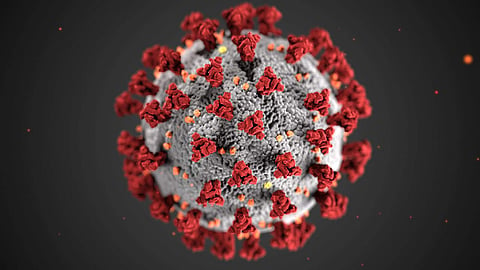

More than one-third of kids who have COVID-19 are asymptomatic, say researchers, adding that youngsters diagnosed with the disease may represent just a fraction of those infected.
"The concern from a public health perspective is that there is probably a lot of COVID-19 circulating in the community that people don't even realize," said study author Finlay McAlister from the University of Alberta in Canada.
For the study, published in the journal CMAJ, the research team analysed results for 2,463 children who were tested during the first wave of the pandemic March to September for COVID-19 infection. All told, 1,987 children had a positive test result for COVID-19 and 476 had a negative result. Of children who tested positive, 35.9 per cent--reported being asymptomatic. "As far as we know, kids are less likely to spread disease than adults, but the risk is not zero," McAlister said.
"Presumably asymptomatic spreaders are less contagious than the person sitting nearby who is sneezing all over you, but we don't know that for sure," he added. The researchers also found that although cough, runny nose and sore throat were three of the most common symptoms among children with COVID-19 infection--showing up in 25, 19 and 16 per cent of cases respectively.
They were actually slightly more common among those with negative COVID-19 test results, and therefore not predictive of a positive test. "Of course, kids are at risk of contracting many different viruses, so the Covid-specific symptoms are actually more things like loss of taste and smell, headache, fever, and nausea and vomiting, not runny nose, a cough and sore throat," McAlister said.
He added that if people have any symptoms at all, they should stay home and get tested, while even those who feel well should still be doing everything, they can to stay safe--wearing a protective mask, frequent handwashing, keeping distance, and avoiding meeting indoors.
"Some people with COVID feel well and don't realize they have it so they socialize with friends and unintentionally spread the virus, and I think that's the big issue," the author noted.
